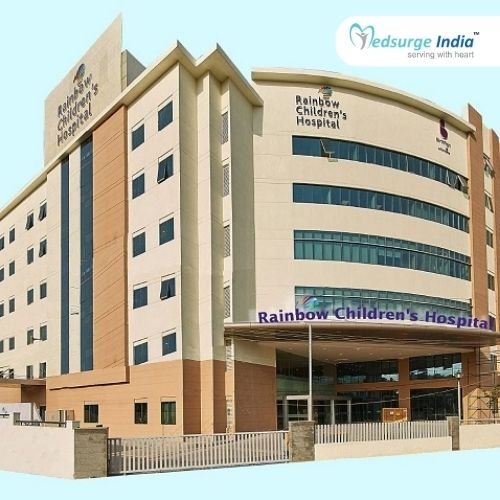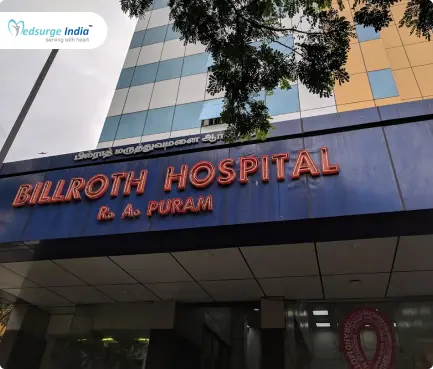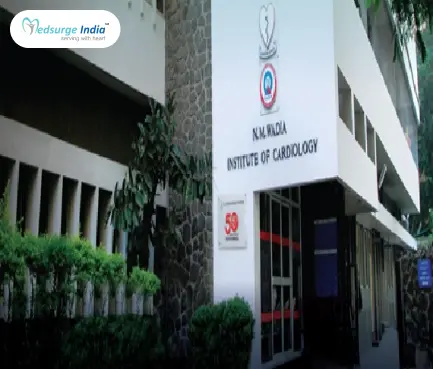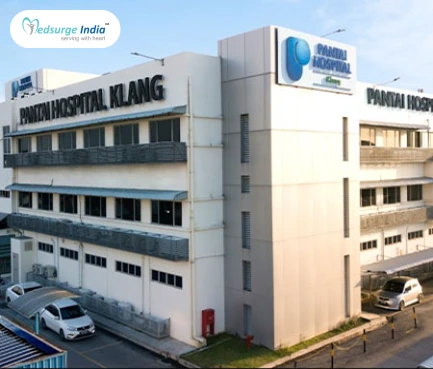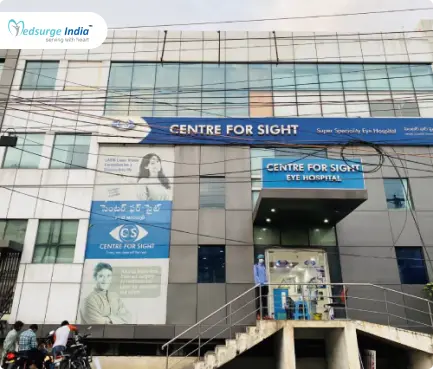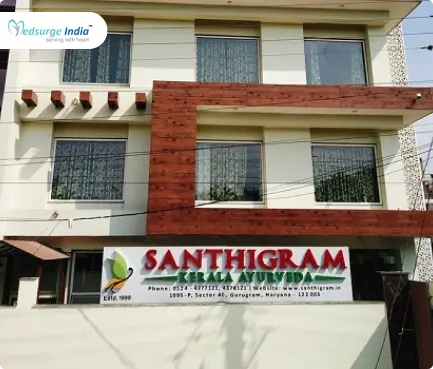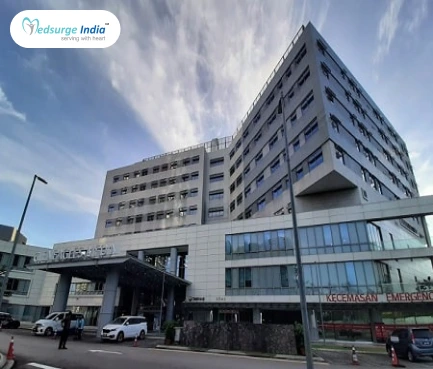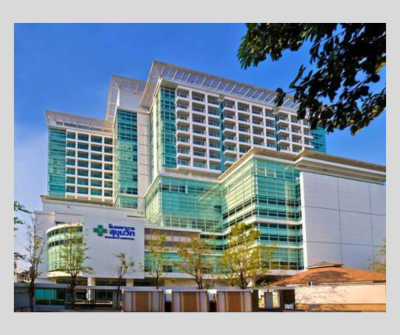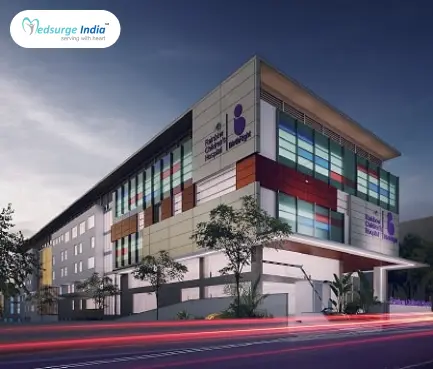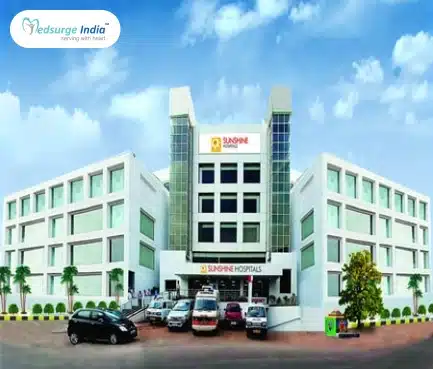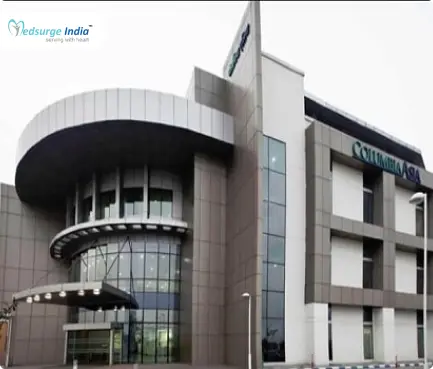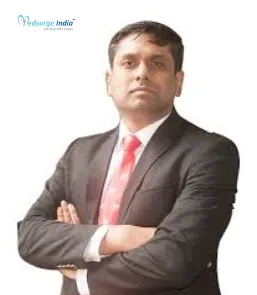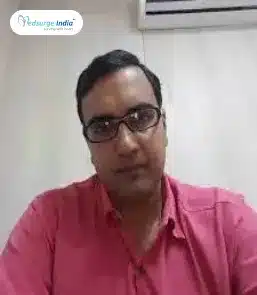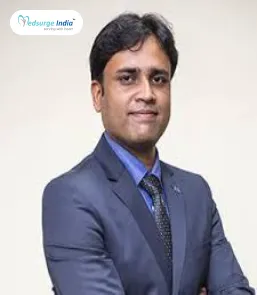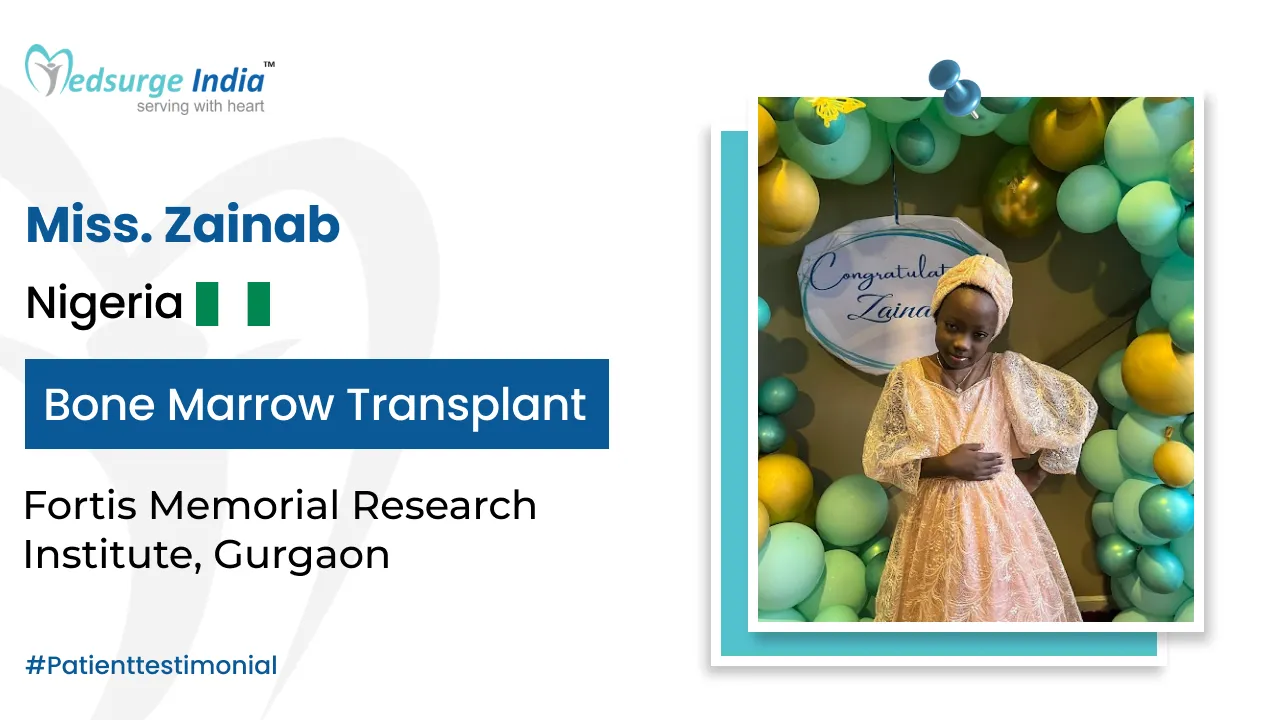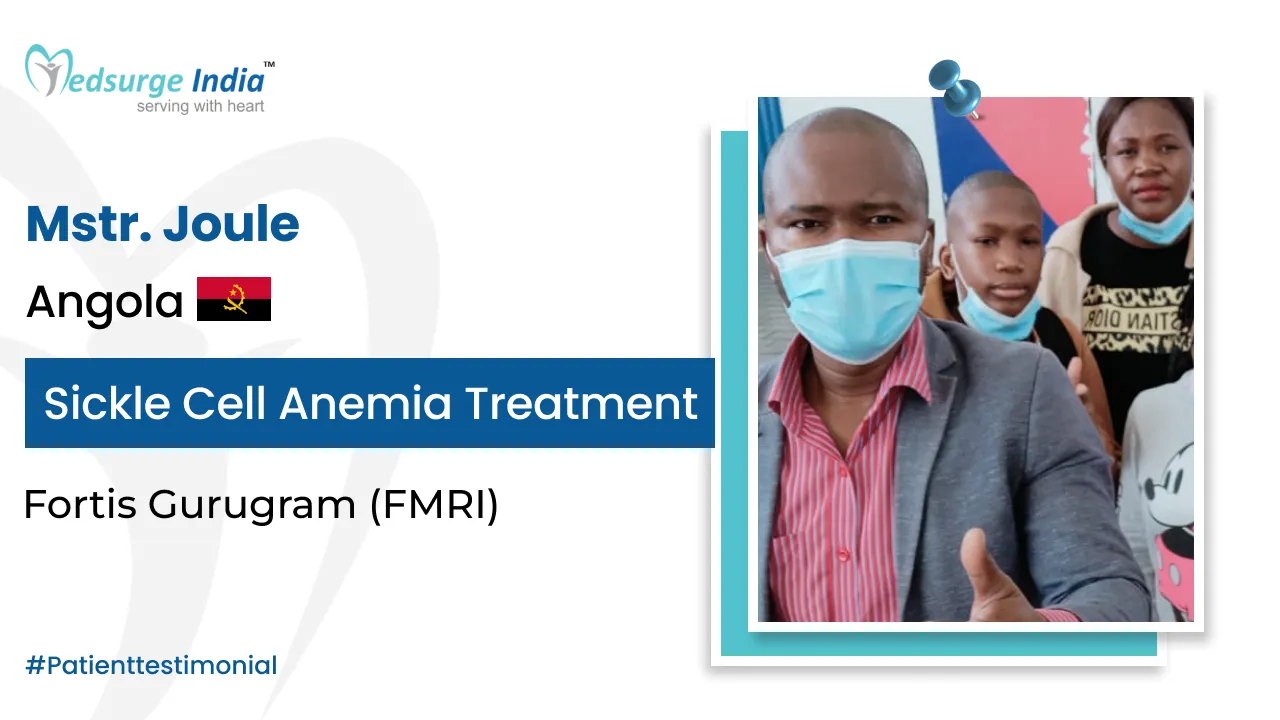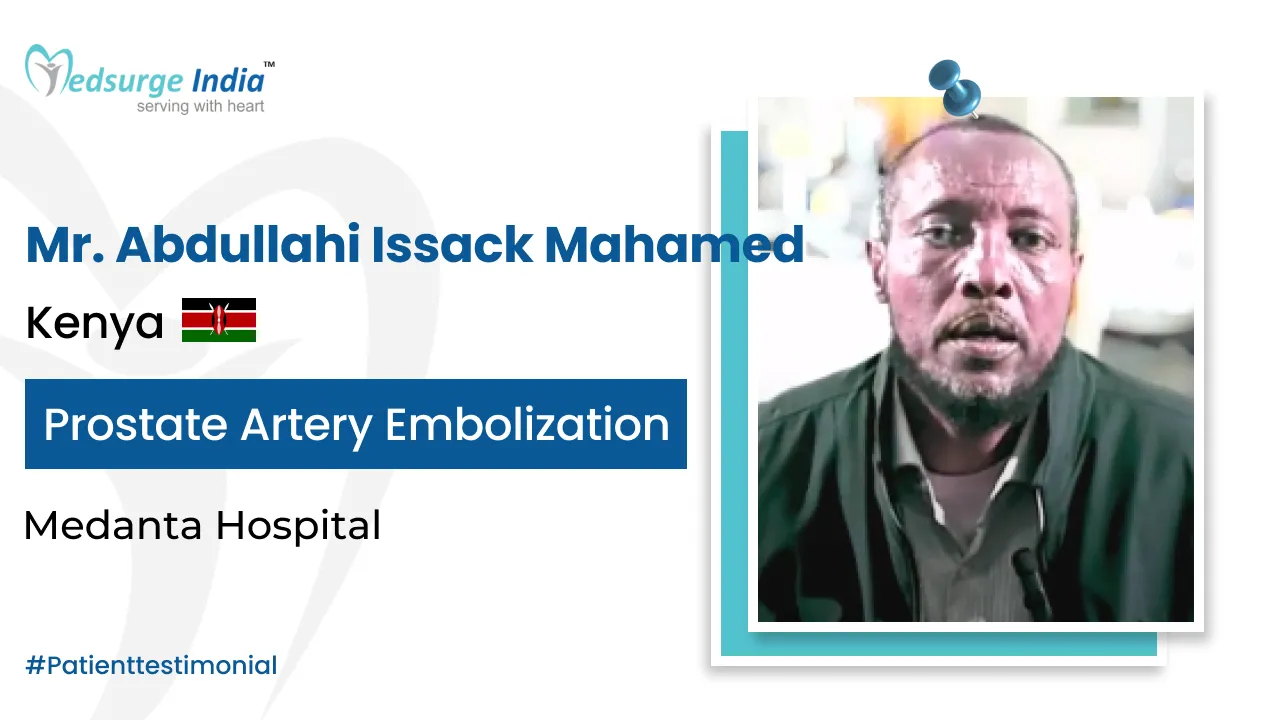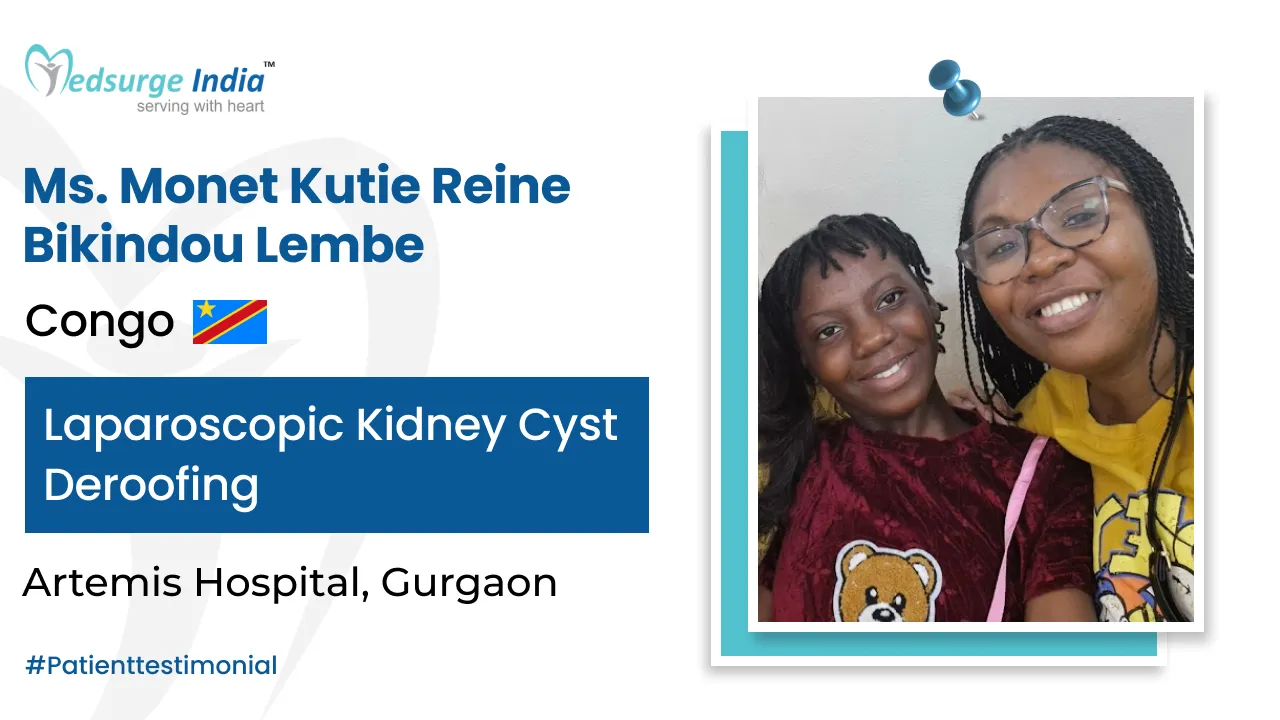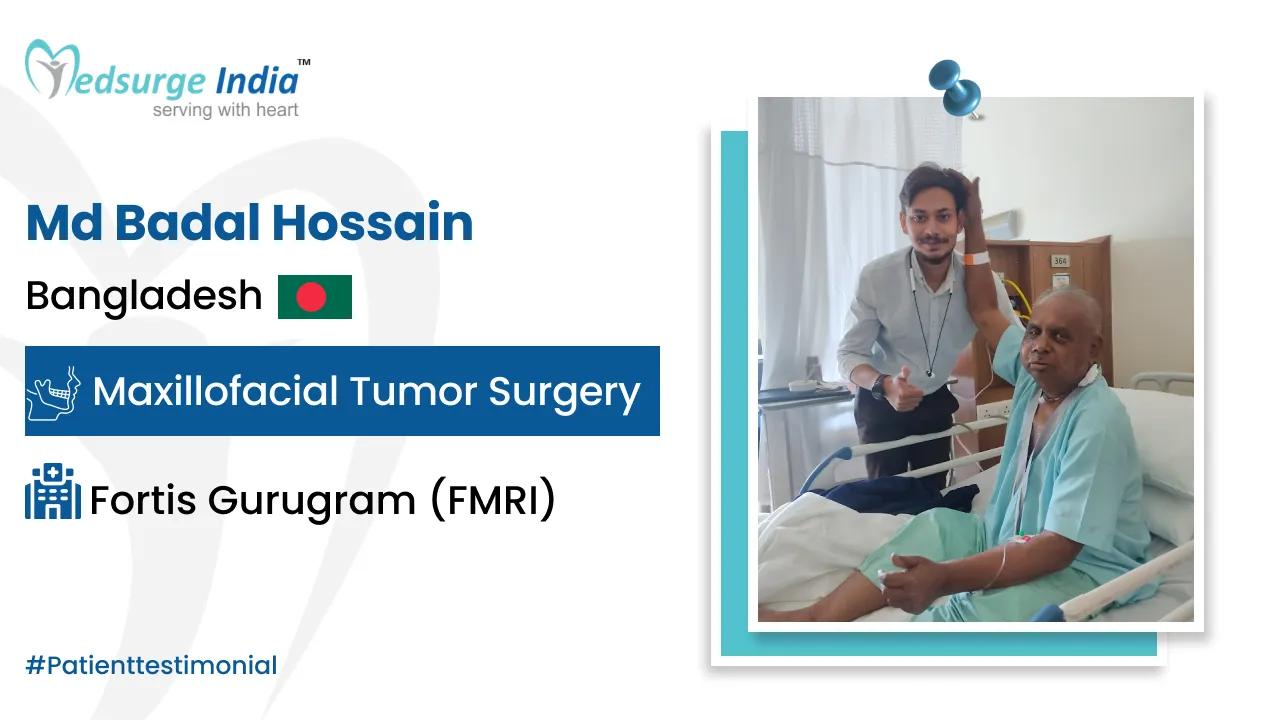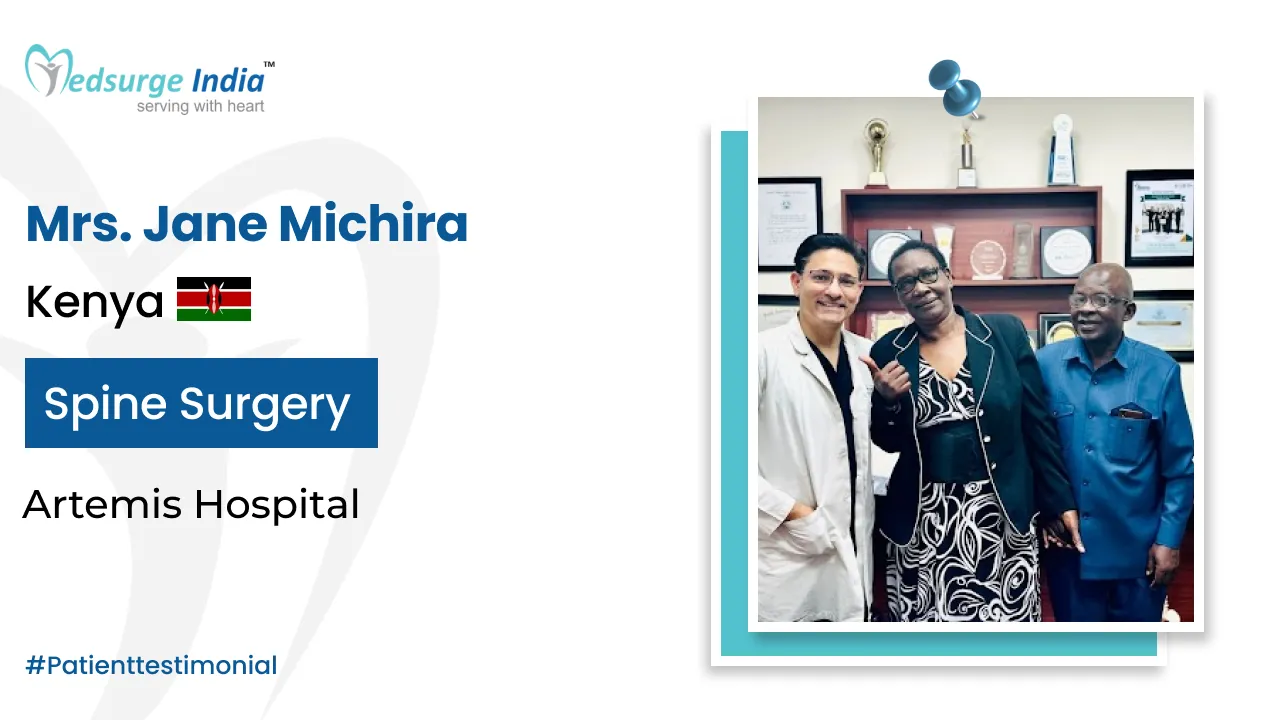
A brain tumor is abnormal cell growth, and pediatric brain tumors differ from adult brain tumors in size, type, and treatment. The most common solid tumor in children is a pediatric brain tumor. The treatment for pediatric brain tumors in India consists of MRI and other imaging tests that are risk-free, show where the tumor is and can be fairly accurate in diagnosing the type of tumor and providing some information about the prognosis. Other treatments, such as surgery and chemotherapy, are also used to treat the condition. There are numerous options for pediatric brain tumor treatment in India, with the best pediatric neurosurgeon available to treat your child. Pediatric brain tumor treatment cost in India offers the most affordable prices as well as the best equipment and techniques.
What Is a Pediatric Brain Tumor?
Brain tumors can develop when normal brain cells undergo genetic changes. These changes can cause the cells to go through a series of changes, resulting in a growing mass of abnormal cells. Pediatric brain tumors are masses or growths of abnormal cells in a child’s brain that occur during childhood.
There are various types of pediatric brain tumors, some of which are non-cancerous (benign) and some of which are cancerous (malignant). Because benign tumors grow slowly, they are not cancerous and do not spread. Although benign brain tumors are rarely dangerous if not treated. Malignant brain tumors grow quickly and aggressively, invading surrounding brain tissue.
Also, the origin of a tumor determines whether it is primary or secondary. A primary tumor is known to start in the brain, whereas a secondary tumor starts somewhere else in the body and spreads to the brain.
The type of tumor, its location within the brain, whether it has spread, and the child’s age and overall health can all influence treatment and recovery. Because new treatments and technologies are constantly being developed, there are now several more options available at various stages of treatment.
What Are the Types of Pediatric Tumors?
The following are various types of pediatric tumors:
- Choroid plexus carcinoma: It is a rare type of malignant tumor that starts near the brain tissue that secretes cerebrospinal fluid.
- Craniopharyngioma: A benign brain tumor that develops near the pituitary gland and hypothalamus.
- Embryonal tumors: Malignant tumors that begin in the embryonic cells of the brain.
- Ependymoma: Malignant tumors that begin in the brain or spinal cord.
- Glioma: Can occur in the brain and other parts of the nervous system such as the brain stem and spinal column.
- Medulloblastoma- A cancerous tumor that begins at the base of the brain.
- Pineoblastoma: Cancer that begins in the pineal gland of the brain.
What Are the Symptoms of Pediatric Brain Tumor?
Symptoms or signs of a brain tumor in children can vary greatly depending on the type, size, location, and rate of growth of the tumor. Some symptoms of a pediatric brain tumor may be difficult to detect because they are similar to those of other conditions and symptoms.
Common symptoms of a pediatric brain tumor include:
- Headaches
- Increased pressure in the head
- Unexplained nausea or vomiting
- Vision problems, such as double vision.
Depending on the tumor location, it can include:
- A soft spot (fontanel) on the skull in babies
- Seizures- when there is no history of seizures
- Abnormal eye movement
- Slurred speech
- Trouble swallowing
- Loss of appetite
- Difficulty with balance
- Loss of sensation in the arm or a leg
- Memory problems
- Personality or behavior changes
- Hearing problems etc.
What Are the Causes of Pediatric Brain Tumors?
The cause of the majority of pediatric brain and spinal cord tumors is unknown, and there are few known risk factors for these tumors. However, researchers have discovered some of the changes that occur in normal brain cells that may lead to tumor formation.
Normal human cells grow and function primarily on the information contained in the DNA of each cell. Pediatric tumors of the brain and spinal cord, like other tumors, are typically caused by changes (mutations) in the DNA inside cells. DNA is the chemical that makes up our genes, which govern how our cells work. Because our parents are the source of our DNA, we usually look like them. However, DNA influences more than just our appearance.
Some genes regulate when our cells divide, grow, and die:
- Oncogenes are genes that help cells grow, divide, and stay alive.
- Tumor suppressor genes are those that help control cell division or cause cells to die at the appropriate time.
Apparently, in many cases, the exact cause of a pediatric brain tumor is not known.
Pediatric Brain Tumor Treatment Cost in India
The average Pediatric Brain Tumor Treatment Cost in India starts from USD 4,500. Treatment for brain tumors will vary depending on the patient’s condition.
Types of Pediatric Brain Tumor Treatment Cost in India
| Treatment | Starting Price |
| Surgery | USD 4500 |
| Chemotherapy | USD 600 |
| Radiation Therapy | USD 2500 |
| Targeted Therapy | USD 400 |
Pediatric Brain Tumor Treatment Cost in Different Parts of India
| Cities | Starting Price |
| Delhi | USD 4,500 |
| Gurgaon | USD 4,500 |
| Noida | USD 4,500 |
| Mumbai | USD 4,600 |
| Hyderabad | USD 4,500 |
| Chennai | USD 4,500 |
| Kolkata | USD 4,500 |
| Bangalore | USD 4,600 |
Please keep in mind that prices of Pediatric Brain Tumor Treatment Cost in India will vary depending on various factors.
Factors That Can Affect Pediatric Brain Tumor Treatment Cost in India
The following here are some variables that can affect Pediatric Brain Tumor Treatment Cost in India:
- Medication costs.
- Duration of treatment.
- Geographical location.
- Hospitalization expenses.
- Government policies and subsidies.
- Medical tourism packages.
- Hospital reputation and infrastructure.
- The expertise and experience of medical professionals.
- The type and frequency of diagnostic procedures.
- The choice of treatment modality.
Even after eliminating the cost of hotel, meals, and transportation, the caliber and grade of medical care and amenities are on par with that of the world’s most renowned healthcare centers. Under the direction of the most skilled physicians, Medsurge India provides the lowest Pediatric Brain Tumor Treatment Cost in India for patients.
How the Diagnosis of Pediatric Brain Tumor is Done?
If a child is suspected of having a pediatric brain tumor, doctors may recommend a number of tests and procedures to help with diagnosis and treatment options:
- Neurological exam: Your child’s vision, hearing, balance, coordination, strength, and reflexes may be tested during this exam. It can reveal information about areas or parts of the brain that may be affected by a brain tumor.
- Imaging tests: These examinations aid in determining the location and size of the brain tumor. Magnetic resonance imaging (MRI) is commonly used, as are computerized tomography (CT) and positron emission tomography (PET).
- Biopsy: To remove the brain tumor, a sample of tissue for testing may be removed. In a lab, the sample is analyzed to determine the types of cells present and their level of aggressiveness.
Get Free Cost Estimation
Procedure
How Pediatric Brain Tumor Treatment is Done?
For pediatric brain tumor treatment in India, it can depend on the type, size, and location of the tumor, as well as your child’s age and overall health. These include the following treatments:
- Surgery: If the brain tumor is in an accessible location for surgery, your child’s pediatric neurosurgeon will work to remove as much of the brain tumor as safely as possible.
- Chemotherapy: Chemotherapy employs the use of drugs to kill tumor cells. Although the drugs can be taken orally in pill form, they are usually injected into a vein in children with pediatric brain tumors (intravenous chemotherapy). There are numerous chemotherapy drugs available, and the options vary depending on the type of cancer.
- Radiosurgery or radiation therapy: To kill tumor cells, radiation therapy employs high-energy beams such as X-rays or protons. Radiation therapy can be delivered from a machine outside the body (external beam radiation) or, in very rare cases, from within the body near the brain tumor (brachytherapy).
- Proton beam therapy: Because a child’s brain is still developing and especially sensitive to the effects of even low and medium doses of radiation, proton beam therapy is especially beneficial for children with certain types of brain tumors.
- Target drug therapy: Targeted drug treatments target specific abnormalities found in cancer cells. Cancer cells can be killed by targeted drug treatments that block these abnormalities.
- Stem cell transplant: A stem cell transplant involves the removal of young blood cells (stem cells) from the child or from someone else. This is followed by a significant amount of chemotherapy medication. This causes bone marrow damage. The stem cells are replaced after the chemotherapy.
Other possible treatments may include different sort of medications:
- Corticosteroids
- Antiseizure medicine
- Ventriculoperitoneal (VP) shunt
- Antibiotics
- Hormonal medicines
As scientific developments and research progress, clinical trials and other tests can help shape the next generation of therapies in the hopes of improving overall outcomes, identifying tumorigenesis pathways, and assisting in genetic counseling for children and their families.
Bottom line
The treatment of a pediatric brain tumor is dependent on the type of tumor, as well as the child’s age and location in the nervous system. The location of the tumor in the nervous system will influence the diagnosis. Survival rates for pediatric brain tumors have increased due to improved surgical techniques and the rational use of radiation and chemotherapy.
Other types of childhood brain tumors have seen less progress in the aftermath. If your child has a pediatric brain tumor, seek advice and counsel from the treating physician for further updates on the treatment process.
Your child may require therapy to improve his or her movement and muscle strength. Physical and occupational therapists can help with this. If your child’s speech is impaired, he or she may require the services of a speech therapist. Other therapists may be required to assist your child with learning or emotional issues.
You can assist your child with his or her treatment in a variety of ways. As an example:
- Your child may have difficulty in eating. A dietitian may be able to assist you.
- Your child may be exhausted. He or she will need to strike a balance between rest and activity. Encourage your child to engage in some physical activity. This is beneficial to one’s overall health. It may also help with fatigue.
- Get your child emotional support. Finding a counselor or a child support group can be beneficial.
- Make certain that your child attends all scheduled follow-up appointments.
How Can Medsurge India Help?
Medsurge India is a prestigious support system for patients looking for doctors, hospitals, and specialized treatments. We’ll find the most suitable medical options for you. Regarding your medical issues, our team will give you a list of certified, reputable, and trusted doctors and hospitals. Additionally, we offer a treatment strategy that fits your budget. Apart, we assist patients with obtaining travel authorizations, medical visas, and a multitude of other things.
The Most Important Frequently Asked Questions
Q: What Is the Common Pediatric Brain Tumor?
A: Pilocytic astrocytoma. It is a slow-growing tumor commonly found in children and is often cystic. If the tumor develops in the cerebellum, surgical removal is necessary for treatment.
Q: Are Pediatric Brain Tumors Rare?
A: Brain tumors are rare in children as only five out of every 100,000 children. Childhood brain tumors can be benign or malignant and both are known to be life-threatening.
Q: What Is the Rarest Brain Tumor in Kids?
A: Atypical teratoid rhabdoid tumors (ATRT) are the rarest and fast-growing tumors that often occur in the brain and spread to the spinal cord.
Q: How Many Types of Pediatric Brain Tumors Are There?
A: Over 130 different types of tumors can occur in the brain or the CNS. These are usually named after the type of cell they develop from and can be named after the area of the brain they are growing.
Q: What Causes Embryonal Tumors?
A: The tumor develops from cells that were left over from when the embryo was forming in the womb, but have remained in the brain of the born infant.
Q: What Kind of Brain Tumor Do Kids Get?
A: Brain and spinal cord tumors are the most common brain tumors in children. The most common types of brain and spinal cords are medulloblastoma and gliomas.
Q: Do Brain Tumors Run in Families?
A: Brain tumors rarely run in families. Only a small number of inherited genetic conditions are linked to a higher risk of certain types of brain tumors.
Top Hospitals for Pediatric Brain Tumor Treatment in India
Top Doctors for Neurology And Neurosurgery
Dr. (Lt Gen) CS Narayanan
Consultant
Experience: 40 years of experience
Manipal Hospitals Dwarka, Delhi
New Delhi, India
Dr. Rajashekar Reddi
Senior Director
Experience: 20 years of experience
Max Super Speciality Hospital, Saket
New Delhi, India
Dr. Sadan Palande
Senior Consultant
Experience: 23 years of experience
Apollo Spectra Hospital, Chennai
Chennai, India
Dr. Vijay M Rajamani
Consultant
Experience: 22 years of experience
Prashanth Multi Speciality Hospital Chennai
Chennai, India
Dr. Ravi Shekhar
Associate Consultant
Experience: 10 years of experience
Medanta – The Medicity, Gurgaon
Gurgaon, India
Dr. Usha Mallinath
Consultant
Experience: 20 years of experience
Manipal hospitals Life’s On, Whitefield
Bangalore, India
Dr. LN Tripathy
Director
Experience: 32 years of experience
Medica Superspecialty Hospital
Kolkata, India
Dr. Satwant Sachdeva
Senior Consultant
Experience: 30
Manipal Hospital Formerly Columbia Asia Patiala
Dr. Umesh T
Consultant , MBBS, DM, MD, DNB
Experience: 28 years of experience
Continental Hospitals, Hyderabad
Hyderabad, India
Dr. Madhusudhan B K
Consultant
Experience: 9 years of experience
BGS Gleneagles Global Hospitals, Bangalore
Bangalore, India
Dr. Amitabh Gupta
Consultant
Experience: 19 years of experience
Pushpawati Singhania Research Institute (PSRI), New Delhi
New Delhi, India
Dr. Mihir Bapat
Senior Consultant
Experience: 19 years of experience
Nanavati Super Specialty Hospital Mumbai
Mumbai, India
Dr. (Col.) Joy Dev Mukherji
Director
Experience: 40 years of experience
Max Super Speciality Hospital, Saket
New Delhi, India
Dr. Vinayaka.M
Consultant
Experience: 5 years of experience
Manipal Hospital Whitefield Formerly Columbia Asia Bangalore
Bangalore, India



